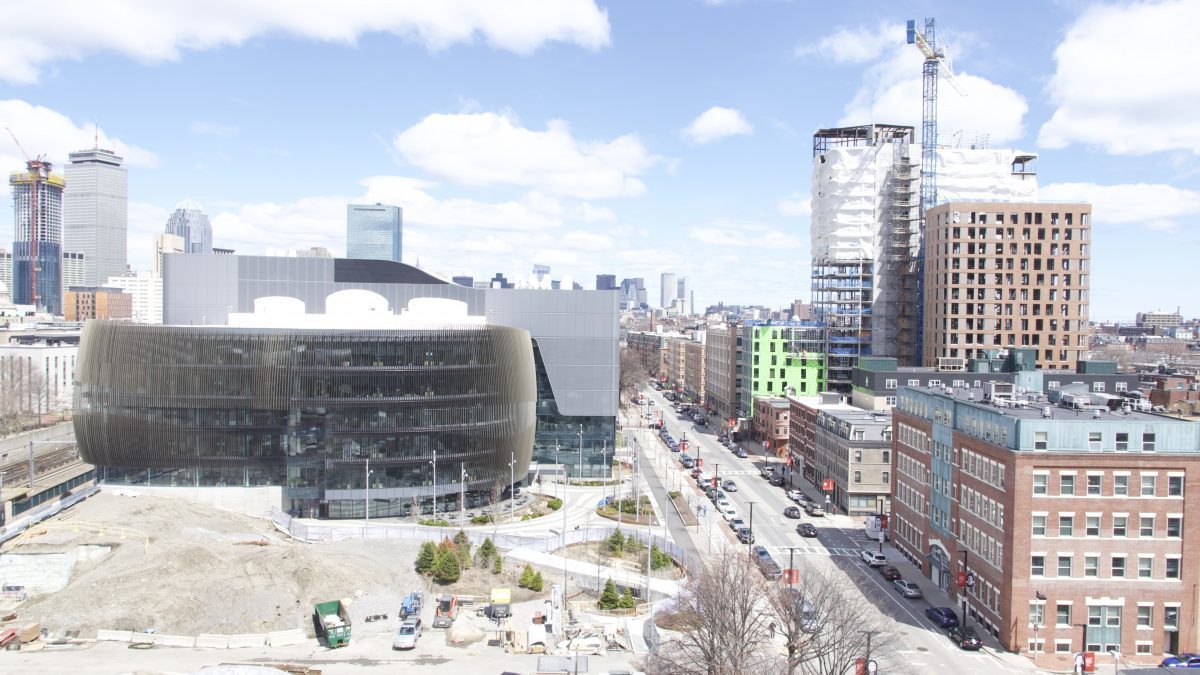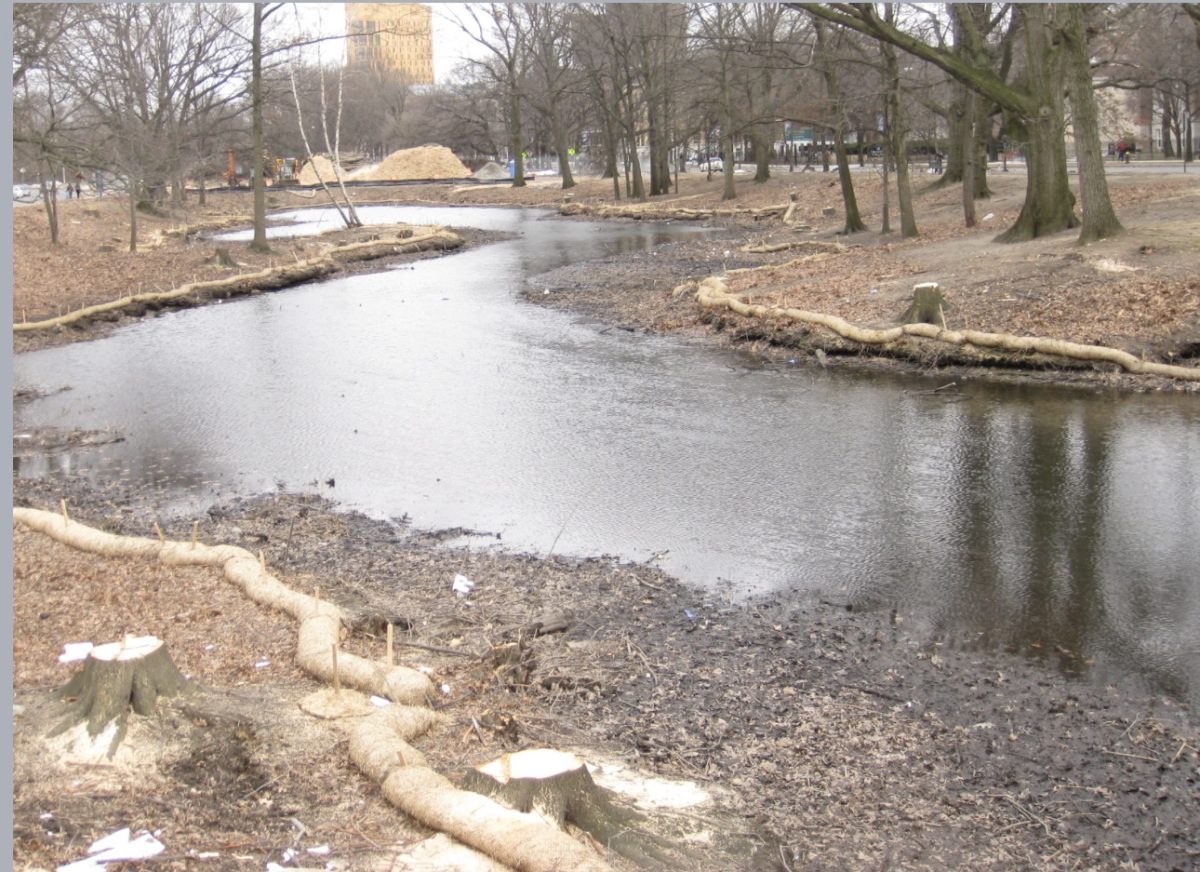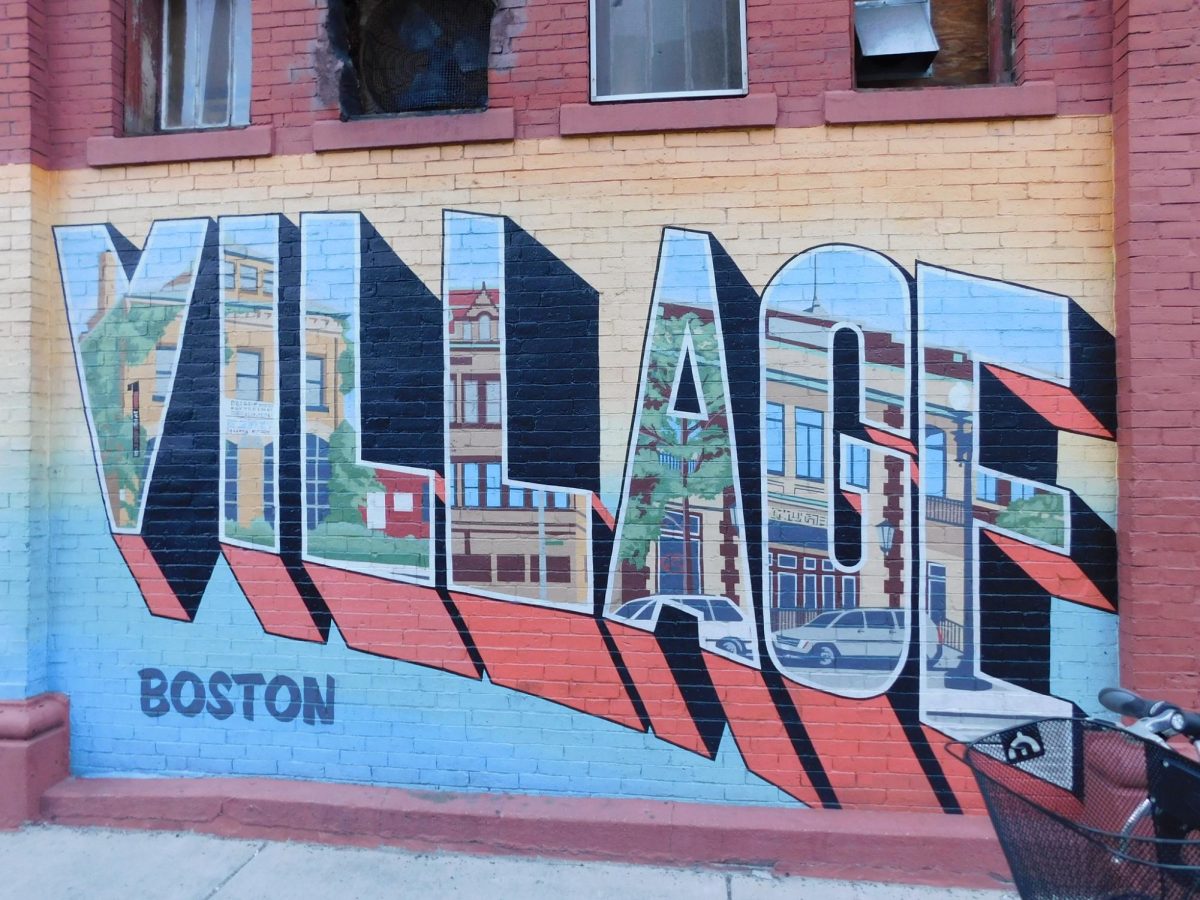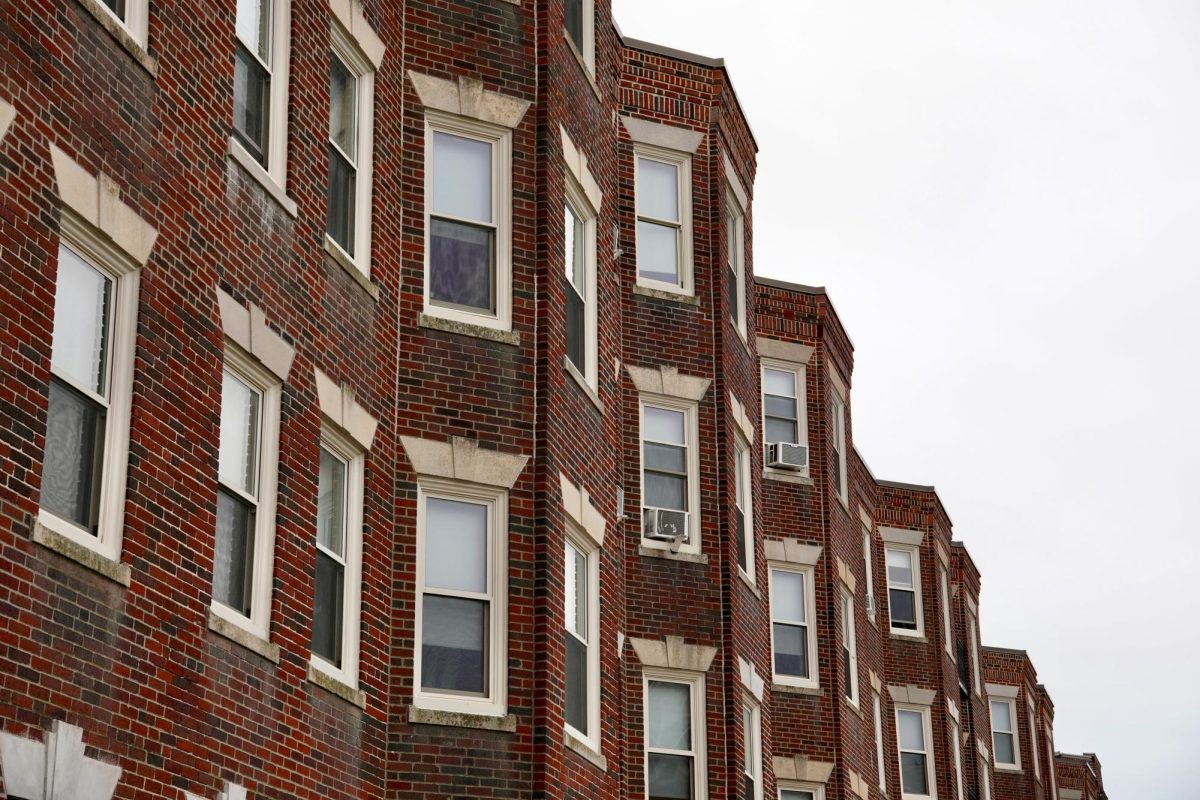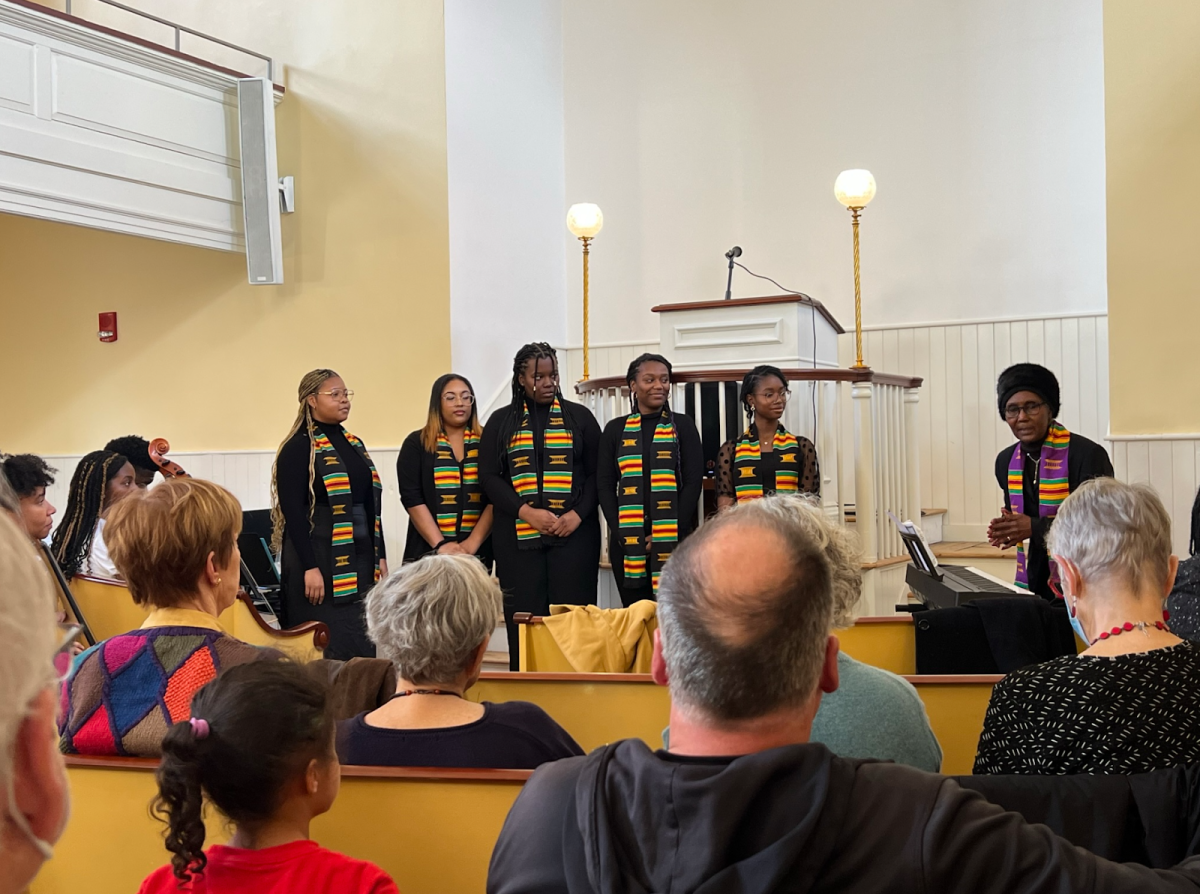By Ava Sasani
In the vibrant heart of Roxbury’s historic Dudley Square, residents aged three through 83 crowd into a small conference room every Tuesday night. Over plates of empanadas and pizza, the neighbors are banding together to fight for the preservation of their home.
“The people who actually live [in Roxbury]… we have been displaced,” said Cheryl Antoine, a lifelong Roxbury resident and a local small business owner.
Antoine attends the weekly committee meetings of Reclaim Roxbury, one of the many community organizations currently battling the rapid gentrification of Roxbury.
Roxbury, once a bastion of black culture and home to civil rights leader Malcolm X, has quickly become synonymous with displacement and expulsion. According to 2010 U.S. Census data, the African-American population of one of Boston’s last majority-black neighborhoods has declined from nearly 63 percent in 2000 to 55 percent in 2010. Meanwhile, the white population of Roxbury has grown from less than 5 percent in 2000 to nearly 7 percent in 2010. The Hispanic population has also increased from 24 percent to nearly 30 percent.
Founded in 2015 by former District 7 City Councilor Tito Jackson, Reclaim Roxbury hopes to combat displacement by promoting community-governed development. Reclaim members envision inclusive development, wherein Roxbury residents control the growth of their own neighborhood.
Residents like Antoine are painfully aware that so-called revitalization efforts in Roxbury actually represent a dangerous shift from disinvestment to displacement. Northeastern University, they say, is driving that displacement.
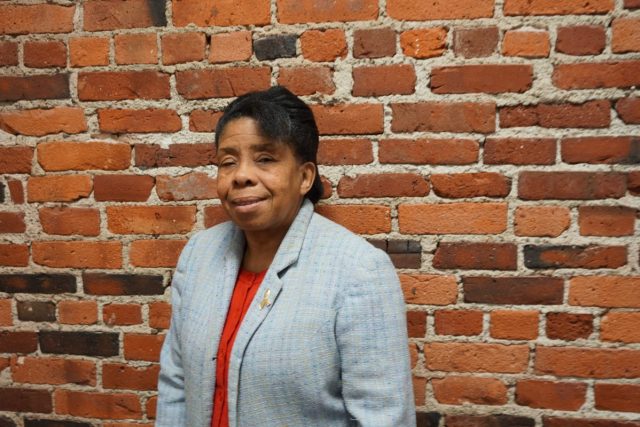
“Northeastern was just one of the many pressures that created the [impetus for] Reclaim Roxbury,” said Professor Caesar McDowell, who teaches civic design and urban planning at the Massachusetts Institute of Technology (MIT). McDowell and his 2015 MIT graduate students were key architects of Reclaim Roxbury’s initial framework.
With limited campus housing options, Northeastern students are increasingly forced to move to surrounding Boston neighborhoods. McDowell noted that, as Northeastern’s enrollment increases, so too does the pressure on surrounding neighborhoods. And enrollment is increasing at an astronomical rate: between spring 2011 and fall 2015, the total number of Northeastern undergraduates increased by 2,055, or 16.8 percent.
According to Northeastern Off-Campus Student Services, the number of Northeastern students living off campus increased by 25.7 percent over that same period. This mass exodus of Northeastern students into the nearby neighborhoods — mostly Roxbury, Fenway and Mission Hill — creates a shortage of housing, causing rents to quickly rise beyond the means of local tenants.
According to Boston Magazine, the median home price in Roxbury increased from $285,000 in 2006 to $476,250 in 2016 (67 percent). The cumulative rate of inflation during that time was under 20 percent.
District 8 City Councilor Josh Zakim represents Mission Hill, a neighborhood adjacent to Roxbury.
“I have urged — and continue to urge — Northeastern’s administration to house more of its students on campus,” Zakim said. “As Northeastern continues to expand its footprint in the neighborhood, the administration needs to place a greater focus on being a good neighbor to the community that has helped it to thrive.”
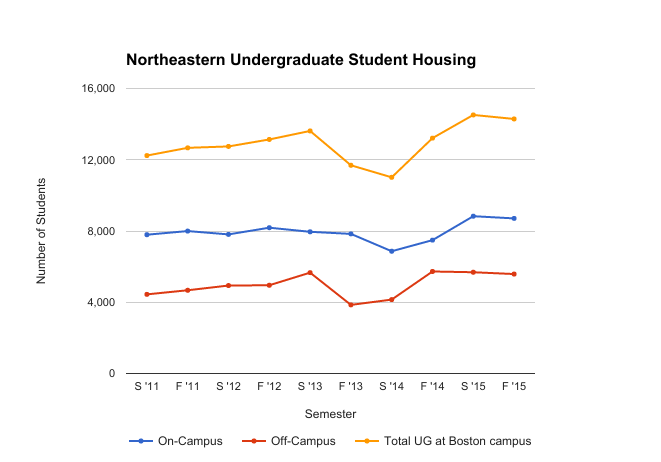
Once a small commuter school, Northeastern’s rising national rankings and enrollment numbers demand an expanded campus. Eyeing Roxbury Crossing, Northeastern completed the 22-story International Village dormitory in 2009, along with the nearby Renaissance Parking Garage in 2008.
Despite community calls for increased campus housing, the Roxbury Crossing development marked one of the first major resistances to Northeastern development. In July 2013, Northeastern was sued over the towering multi-million dollar dorm.
The plaintiff, a local minority-owned development firm named Columbia Plaza Associates (CPA), alleged that Northeastern obtained the Roxbury Crossing parcel through an unlawful land grab. Though Northeastern owned the parcel of land that is now International Village, CPA held the development rights for that land due to Boston’s Linkage Program, which encourages minority-driven development.
CPA argued that Northeastern intentionally misrepresented the CPA developer’s consent to the Boston Redevelopment Authority — now called the Boston Planning and Development Agency (BPDA) — then grossly undercompensated the CPA. According to the CPA, by October 2016, Northeastern had made more than $300 million in profits from the development, but the CPA only received $320,000.
Northeastern countered that the school had previously acquired land rights from CPA. Throughout the trial, Northeastern repeatedly emphasized that the school’s representatives had remained transparent during the International Village development process.
After a contentious, seven-day legal battle at the Suffolk Superior Court in 2016, Northeastern University won the case.
Just one year later, Northeastern opened the new Interdisciplinary Science and Engineering Complex (ISEC), a 220,000 square-foot behemoth towering above Columbus Avenue.
“They hijacked the whole area,” Antoine said at the Reclaim Roxbury meeting, situated just a few blocks south of the new ISEC building. “If you go further down to the end of that street to New York Pizza, that whole area used to be people’s homes.”
Antoine paused and shook her head. “It used to be people’s homes; the zipcode was totally different. Now it’s not.”
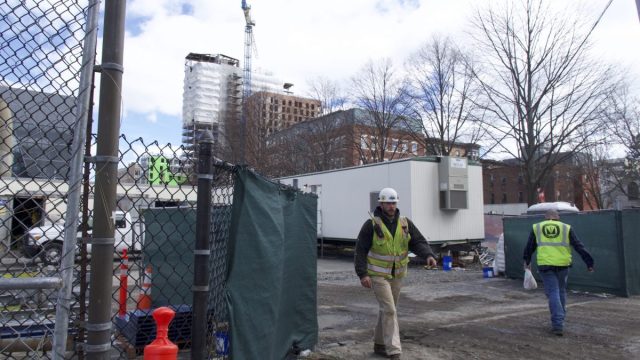
Northeastern’s latest addition to Roxbury’s Columbus Avenue neighborhood is a gargantuan 825-bed, 20-story dormitory on Burke Street.
“That dorm is kerosene on the fire of gentrification,” said former Roxbury Councilor Tito Jackson.
All of Boston’s major institutions submit an annual Institutional Master Plan to the city of Boston, outlining an agenda for current and future developments. The master plan process is designed to include considerations for the surrounding community. Jackson and other Roxbury community representatives worked closely with Northeastern to create the school’s 2013 master plan
The original 2013 master plan , however, described the Burke Street dorm as a roughly 10-story building with only about 350 to 600 beds.
Jackson explained that, after the 2013 master plan had been finalized with the input of Roxbury residents, Northeastern submitted additional amendments to Boston’s planning department. The amendment process was strategically used by Northeastern to change the original master plan later on, doubling the size of the Burke Street dorm and subverting Roxbury’s interests.
“This was an intentional move on the part of Northeastern,” Jackson said.
The former city councilor noted that Northeastern held just three public amendment meetings about the Burke Street development. Jackson said that all three meetings were intentionally poorly publicized.
“It is an affront to the people of Roxbury,” he said. “There should be no way that community organizers can spend time and talent putting together a plan, and then that plan be undercut one year after by Northeastern and the BPDA.”
Northeastern’s Vice President of Communications Renata Nyul said that Northeastern remained transparent about the Burke Street development throughout the planning department’s amendments and construction process.
“The IMP amendment process included several public hearings held at Northeastern Crossing and for which public notices were provided and Roxbury residents invited to attend,” Nyul said.
Antoine disagrees. “There was no voice. And there are a lot of people who aren’t even aware that that tower was going to be built,” she said. “Things are just popping up and not enough people are aware of what’s going on.”
When asked about the Burke Street dorm’s impact on Roxbury residents, Nyul responded, “The building is being built by a developer, not the university and on a parking lot Northeastern has owned for a long time.”
The developer that Nyul referred to is a private, Texas-based development firm called American Campus Communities, or ACC. The Burke Street building sits on a former Northeastern parking lot. ACC is leasing the university-owned land from Northeastern, and the building will be privately operated.
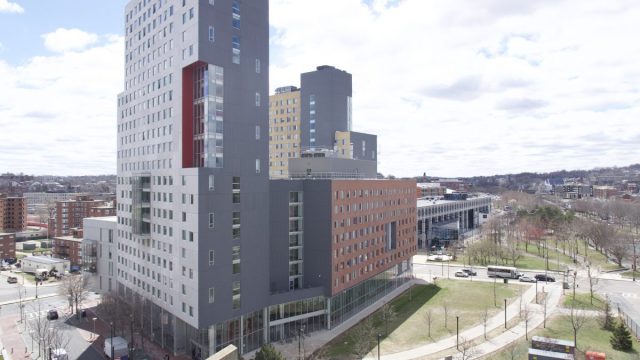
Northeastern Communication Studies Professor Gregory Goodale explained this strategy of outsourcing development to a private firm.
“[Northeastern] has to take out loans to create these types of buildings, and they can only borrow so much money before their credit rating goes down,” Goodale said. By leasing the land to an outside developer, Northeastern can easily create more developments like the Burke Street dorm.
The same development strategy was used to create East Village, the 22-story dorm on St. Botolph Street, which opened in January 2015. Jackson worries that this strategy will allow Northeastern to rapidly expand into neighborhoods like Roxbury.
“Northeastern is essentially becoming a colonial power,” he said. “Students of Northeastern need to have their voices heard. hey should take an active role in ensuring that their tuition dollars are not used to harm Boston residents. It’s being done in your name.”
Joe Taché, a senior finance major at Northeastern University, is taking action to change that. Sitting across from Cheryl Antoine at the Reclaim Roxbury meeting, Taché is deeply troubled by his school’s displacement of Roxbury residents.
“It’s a complete disregard of the general guidelines for development in Roxbury… Northeastern absolutely screws over Roxbury and community organizers,” Taché said.
Taché is part of a students group creating the Northeastern Housing Justice Coalition, a campaign supporting the rights of Roxbury residents to control the development in their own neighborhood. Organizers like Taché hope to mobilize their peers to become allies of the Roxbury community that they’ve displaced.

